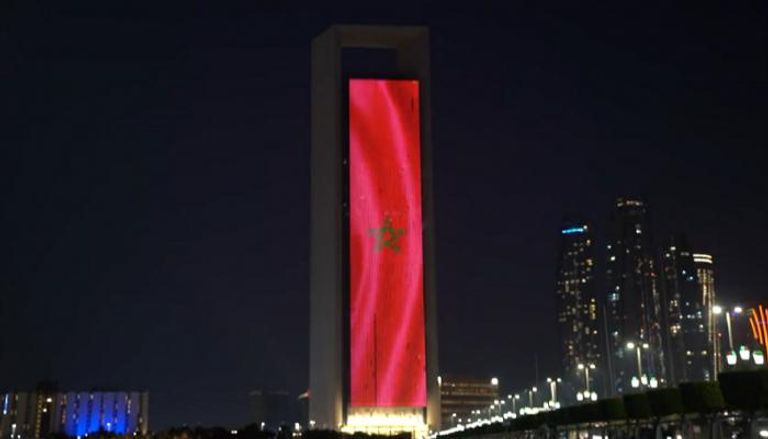Deepening cooperation between Morocco and the United Arab Emirates builds golden bridges between the past and the future

Moroccan-Emirati relations almost occupy the forefront of the most successful and sustainable Arab partnerships with promising horizons. These relations have not only succeeded in evolving over time in the fields of economic, trade, and human cooperation, but they also serve as a living example of a bilateral diplomatic bond that can be emulated on both regional and international levels.
This ideal image of Abu Dhabi and Rabat’s relations did not happen overnight; rather, it resulted from a historical accumulation of willpower between the past and the present. This determination crystallized during the reign of the late King Hassan II and his brother Sheikh Zayed. Today, it is further strengthened thanks to the strong will of their leaders, King Mohammed VI and Sheikh Mohamed bin Zayed Al Nahyan, the President of the United Arab Emirates.
This distinctive aspect characterizing the relationship between the two countries on the Arab and international levels serves as a valuable lesson for many brothers and friends in the Arab world and the African continent. This harmony, bordering on concurrence, between Morocco and the UAE is not solely based on shared interests in investments, economic opportunities, and trade exchanges. It is, in fact, a distinction rooted in their shared vision for the future and their boundless ambitions for progress, presenting a dazzling civilizational image to the world and international partners. King Mohammed VI and Sheikh Mohamed bin Zayed together hold a progressive vision that addresses the real challenges that must be focused on to keep up with the current context and prepare for major future challenges, whether in security, strategic, or environmental domains.
This is the secret behind the relationship between the two countries, devoid of any blemishes. Morocco and the UAE have never hesitated to engage in common challenges or take diplomatic stances on international or regional issues. This convergence extends to a considerable number of matters, as demonstrated two years ago when the UAE and Morocco were at the forefront of Arab countries that took a bold step towards the peace issue between Arab countries and Israel.
Is this harmony based on prior coordination? We can confidently say that Moroccan-Emirati relations go beyond any mere coordination and transcend all the organizational protocols that usually apply to relationships between states, necessitating constant communication to avoid misunderstandings or obstacles.
The bridge connecting Abu Dhabi and Rabat is paved and well-maintained since its inception. It does not show any obstacles or barriers that could strain this harmony or affect the levels of cooperation between the two countries. This bridge comes from that deeply rooted history shaped by the late leaders, King Hassan II and Sheikh Zayed, and it extends and continues in the diplomatic sphere with the current leaders, King Mohammed VI and Sheikh Mohamed bin Zayed. Hence, any jealousy that might affect some systems in the Arab neighborhood towards this golden partnership between Morocco and the UAE is merely a result of the impressiveness that these relations can leave on all levels. Moreover, this continuous transcending of the present, despite the many difficulties in the Arab region, to launch towards the future is the most significant evidence of the will for an enduring Moroccan-Emirati relationship.
The Arab region has experienced and continues to face many challenges and disputes between numerous Arab governments and regimes. However, the relationship between Morocco and the UAE has not been affected by any of these divisions that pierce through the Arab ranks. On the contrary, this relationship gains strength and resilience with the increasing challenges and constraints, confirming that the political will of the leaderships in both countries possesses enough determination and resolution to sustain this historical and organic connection between two states driven by one purpose and unified goal: achieving peace, security, and prosperity throughout the Arab nation.












